Today, we are delving deeper into a common yet misleading myth: “Stress is just a part of life.” You’ve heard it; I’ve heard it—it’s almost a mantra in our high-speed world. But is it really as straightforward as that? Whether you’re dealing with deadlines, family commitments, or just the daily grind, today’s episode will shine a new light on what stress really means for us.
Well, you’ve entered the holiday season, and you know what that means. Your home is bustling with holiday preparations. You’re planning meals, buying gifts, and the air is thick with both excitement and tension. Everyone feels it—from the pressure of cooking the perfect meal to finding the ideal gift for a loved one. The holidays can be a wonderful time, full of joy and connection, but they often come with a side of stress that’s difficult to ignore. Nearly 89% of Americans report feeling some level of holiday stress, mostly fueled by tight budgets, high family expectations, and the pressure to make everything perfect. A recent survey reveals that almost half of us feel a moderate level of stress this time of year, and for 41%, that level actually increases, adding tension to what’s supposed to be a season of warmth and celebration.
The Origins of the Stress Myth
The idea of “stress” as we know it today didn’t even exist until the early 20th century. Originally, stress was a physics term, describing the pressure on objects that could make them bend or break. Hans Selye, a physiologist, borrowed this term in the 1920s to describe a common set of symptoms he saw in his patients—tiredness, weight loss, and that unmistakable “sick” look, no matter their illness. Selye realized that the body reacts in similar ways to all kinds of challenges, which he called “stress.” He explained this with his theory of the General Adaptation Syndrome, showing how our bodies go through stages of alarm, resistance, and eventually exhaustion in response to ongoing demands. This idea transformed “stress” from a term for physical pressure to something that impacts our whole health.
Other researchers quickly expanded on Selye’s work, arguing that mental and emotional pressures—like worry or frustration—can also trigger our body’s stress response. Experiments showed that just anticipating a stressful event could send stress hormones soaring, proving it wasn’t just physical strain that wore people down. By the 1950s and 60s, psychologist Richard Lazarus added a key insight: how we think about a situation shapes our stress response. Seeing something as a threat causes stress; seeing it as a challenge doesn’t. This mix of body and mind is now at the heart of stress research, helping us understand that “stress” isn’t just a part of life—it’s a complex dance between our environment, our bodies, and our minds.
Debunking the Myth
Why do we treat stress as just another part of life? Maybe it’s because it feels so universal. We’ve all been there, from running late to a meeting to navigating family dynamics during the holidays. Interestingly, some stress—like solving a work problem or handling small conflicts—can actually sharpen our minds and help us grow. Research from Penn State even found that people who reported no daily stressors scored lower on cognitive tests, hinting that a completely stress-free life may not be the healthiest option. Everyday stressors—like a broken computer or a disagreement—can actually build resilience, keeping our minds sharp as we age.
Stress operates on a curve—often called the “Yerkes-Dodson curve”—that shows how different levels of stress impact our performance and well-being. When stress is too low, we tend to feel bored, disengaged, and even unmotivated because there’s not enough challenge to keep us interested. On the other end of the boredom spectrum, a lack of stimulation can result in a decrease in creativity and productivity.
In the middle of the curve is the “sweet spot,” where moderate stress gives us just the right amount of challenge without overwhelming us. This is where we’re alert, focused, and performing at our best. At this level, stress actually sharpens our thinking, builds resilience, and often brings a sense of growth and satisfaction as we tackle what’s in front of us.
However, as stress intensifies, we reach a critical threshold. When it becomes too intense or long-lasting, we move to the far end of the curve—where we feel overwhelmed, drained, and on the edge of burnout. At this stage, stress is no longer productive but harmful, taking a toll on our mental and physical health and making it much harder to bounce back.
Prolonged stress causes our bodies to release cortisol and other stress hormones nonstop, leading to inflammation, weight gain, digestive issues, and even sleep disruption. For instance, during the COVID-19 pandemic, many people reported spikes in insomnia, emotional exhaustion, and irritability. Chronic stress changes our brain chemistry, especially in areas tied to emotion and memory, making it harder to handle future challenges.
Stress: Alleviate, not avoid.
Now, stress might feel universal, but let’s not ignore its dangers when left unchecked. In Japan, there’s a term for extreme, chronic workplace stress that results in death—karoshi, which literally means “death by overwork.” This phenomenon first gained widespread attention in 1969 when a 29-year-old man working at Japan’s largest newspaper collapsed and died of a stroke after a massive amount of overtime. Karoshi serves as a stark reminder of why stress management isn’t about avoiding every challenge but about maintaining a balance that prevents our bodies and minds from hitting a breaking point.
One of the best ways to do this is by activating the “relaxation response,” a natural reset that lowers your heart rate, reduces blood pressure, and decreases stress hormones. Techniques like deep breathing, mindfulness, and progressive muscle relaxation can help you tap into this response quickly and manage everyday stress.
Deep breathing is especially effective—just a few slow, deep breaths from the belly can lower cortisol and shift you from “fight or flight” to a calmer state. Mindfulness practices, like meditation, also work wonders by helping you stay present and focused, which reduces anxiety and improves sleep.
If you prefer movement, yoga is a wonderful option. Yoga combines breath and relaxation with physical activity, which studies show can lower stress, lift your mood, and even improve sleep. Physical exercise releases endorphins, our natural mood boosters, so even a short walk can make a big difference.
Social support is also essential. Talking with friends, family, or a support group can reduce isolation and increase resilience. Connecting with others lightens the mental load and helps you keep things in perspective.
Finally, healthy lifestyle habits support stress management. Good sleep, balanced nutrition, and avoiding caffeine or alcohol can strengthen your body’s ability to handle stress. Foods rich in vitamins and minerals, like fruits and veggies, boost brain and body health, while a consistent bedtime routine helps your body stay resilient against stress.
So, is stress just a part of life? Absolutely. Indeed, this is more of a misconception than a myth. While stress may be unavoidable, it doesn’t have to control us. With the right tools and mindset, we can manage how we respond and handle this inevitability day by day.
Conclusion
Well, friends, I’d love to hear from you! How do you manage stress during the holidays? Do you have a favorite relaxation technique or go-to way to unwind? If you enjoyed today’s episode, please subscribe, leave a review, and share it with someone who could use a little stress relief this season. And don’t forget to follow us on Instagram at Iheardpodcast.au for more myth-busting content. In our next episode, we’ll dive into another health topic that people have been weighing in on: Weight Loss is Just Calories In, Calories Out. Until then, stay curious, stay healthy, keep calm, and keep listening—you never know what you’ll hear next!
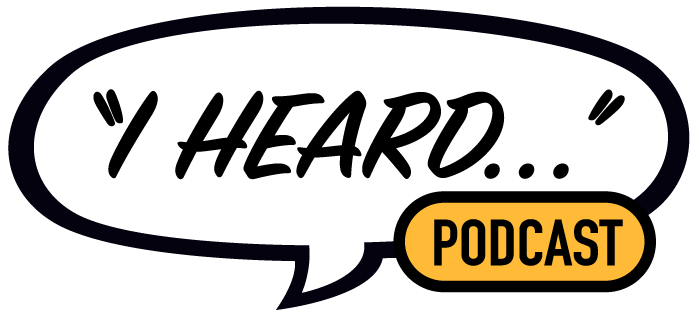
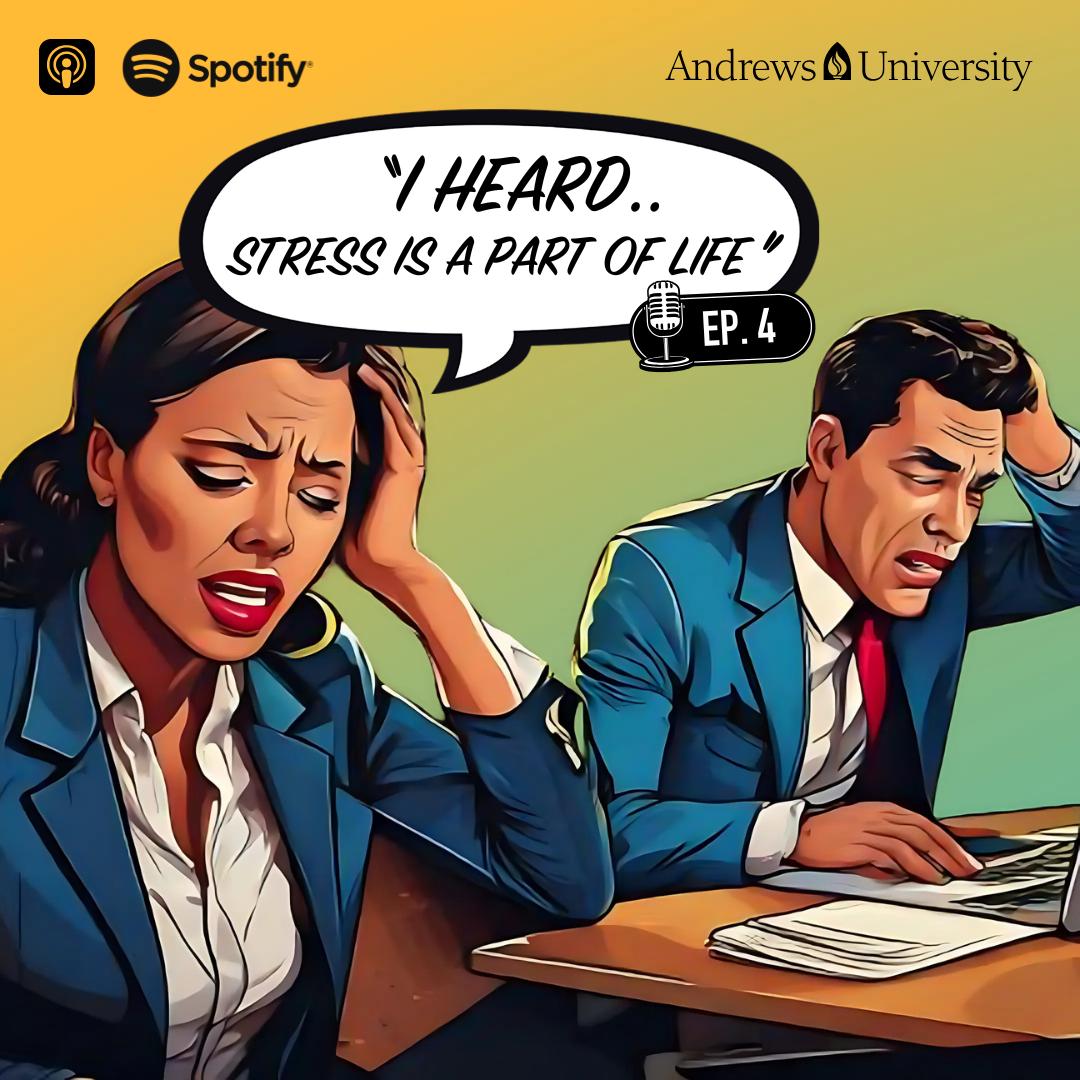
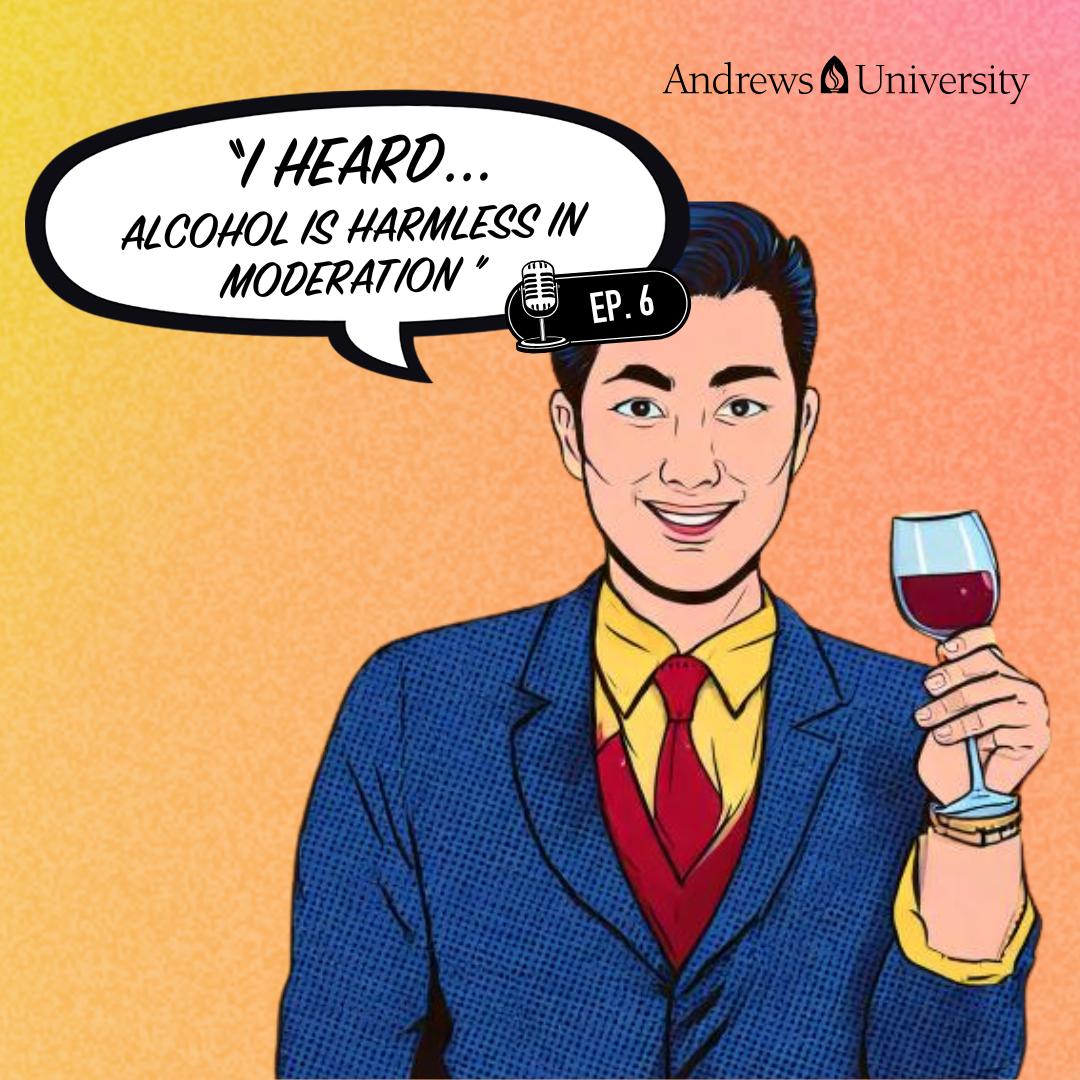
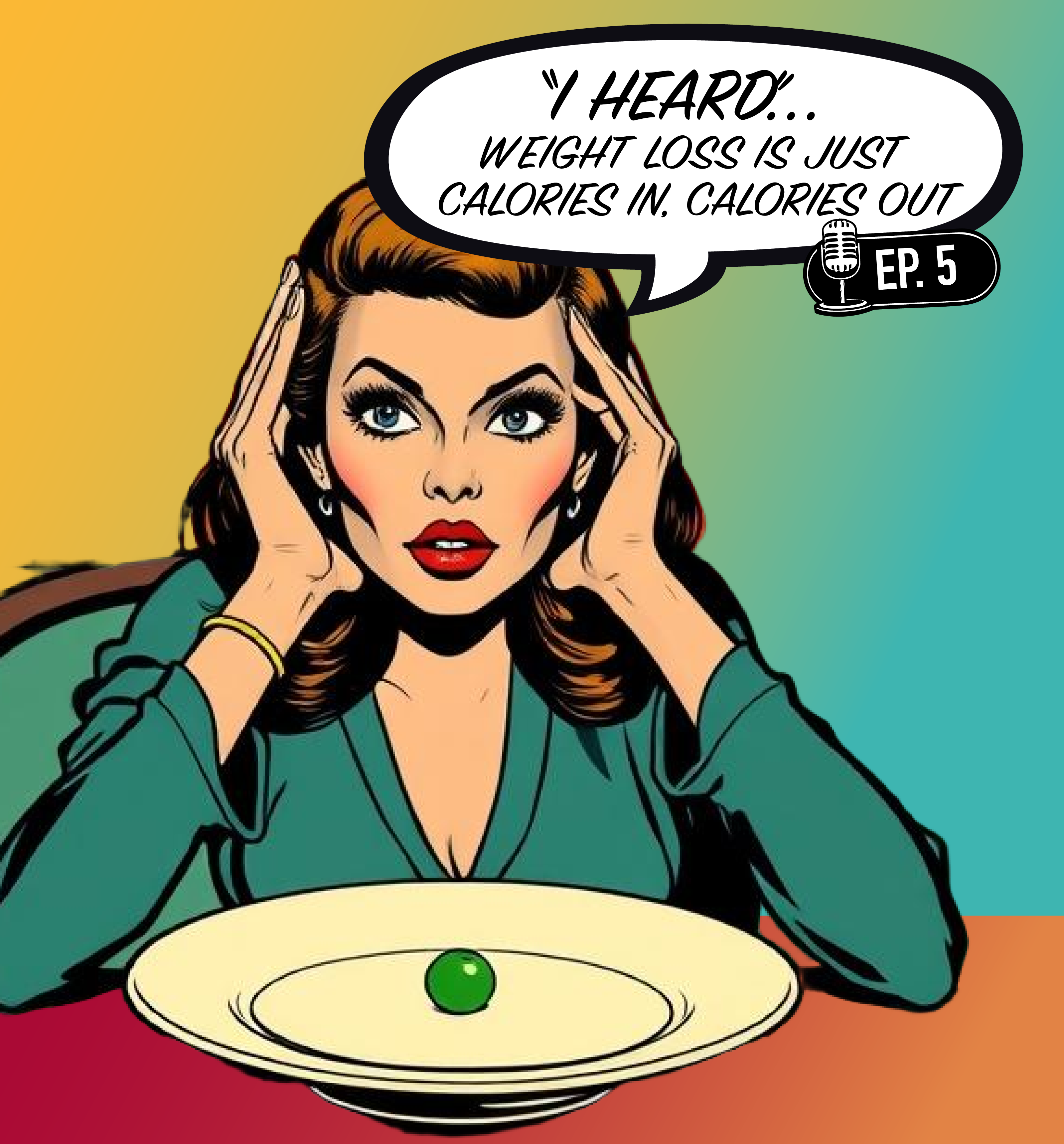
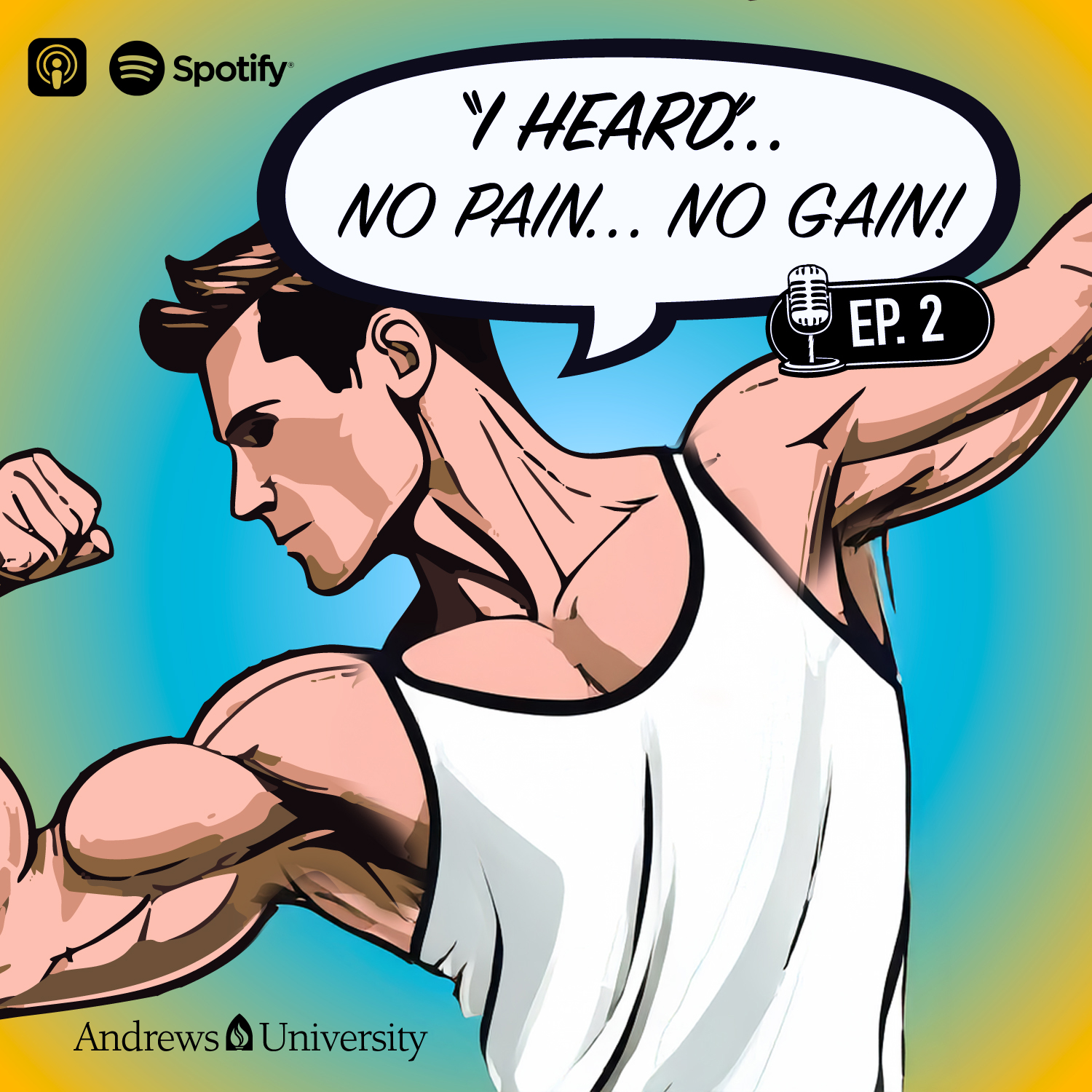

Leave a Reply